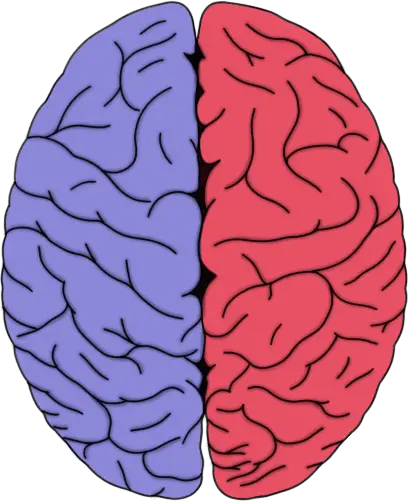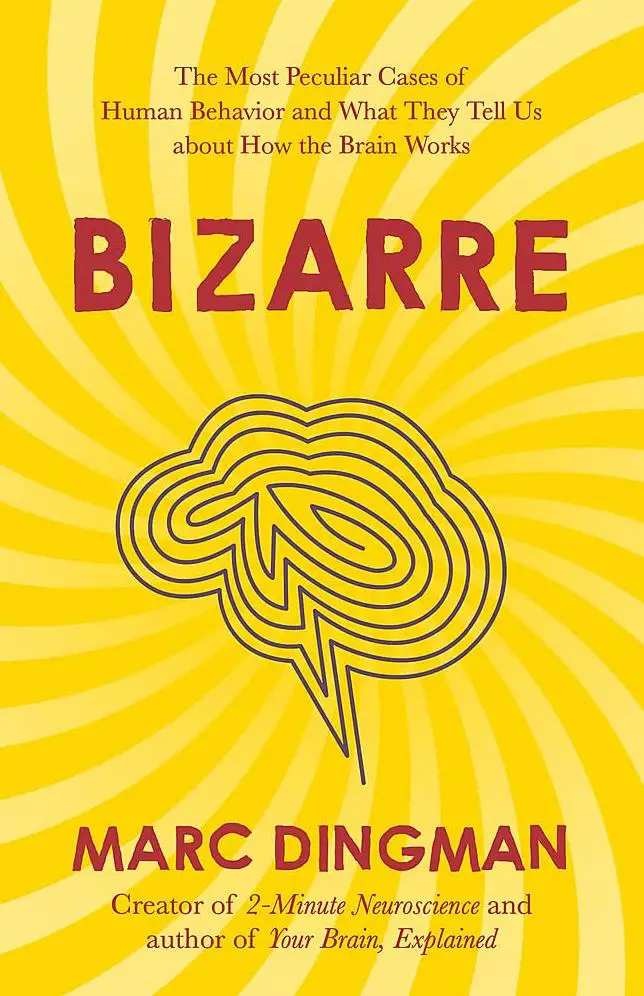Can Neuroscience and Free Will Coexist?
Studying neuroscience involves dissecting individual behaviors and separating them into their biological components. For example, imagine yourself sitting in front of the television as dinner time is nearing. You grow hungrier as you wait for the show you are watching to come to end, then when it does you get up and go to the kitchen to make something to eat. If an interviewer were to later ask you why you got up to eat at that moment, you might reply “I was hungry, so I decided to have dinner."
From a neuroscience standpoint, the answer might be a little more complex. As the food you ate for lunch became completely digested, the glucose and insulin levels in your blood began to fall. The lower blood insulin level was detected by your hypothalamus, which sent signals to various cortical areas (a vaguely understood process) providing the impetus to obtain food. The cortex then activated the basal ganglia, leading to the initiation of a motor movement (through the corticospinal tract), which carried you to your refrigerator.
A glaring difference between the two explanations for your behavior is that one involves choice, while the other consists of the perfunctory satisfaction of a biological drive. Do you decide it is time to eat, or do you feel a biological urge to consume food since your blood glucose levels have fallen and your body is in need of replenishment? Deciding to eat is reminiscent of a human action motivated by free will, while being biologically driven to replenish energy stores is suggestive of automatic, reflexive behavior we are usually more comfortable ascribing to Drosophila or lab rats.
Of course in this situation the truth seems to lie somewhere in between. You didn’t have to get up to eat at that second (you weren’t starving), you chose to. At the same time it was due in part to your need to satisfy a biological drive. Other questions about neuroscience and choice, however, can get a little more difficult. If genetic influences and brain aberrations underlie drug use and addiction, how constrained by their biological makeup is someone in making a decision to abstain from using drugs if they are exposed to them? Suppose genetic influences can be shown to lead to biochemical effects that strongly incline someone towards aggressiveness, shyness, studiousness, self-restraint, risk-taking, etc.? How much free will do we have when it is impinged upon by genes, neurons, neurotransmitters, and so on?
Roy F. Baumeister addresses the issue of free will in the context of present-day biology and psychology in a recent article in Perspectives on Psychological Science. Baumeister affirms that nonconscious processes play a prodigious role in behavior. He also, though, acknowledges our ability to choose within the boundaries of those automatic processes. The scenario above is an example of this type of choice. You delay the initiation of your movement to the kitchen until you have finished watching your television show. While not deterministic in its definition, however, this is a very limited version of free will. It is not so much a question of "if" you will go to the kitchen, but "when." The outer realm of possibility might involve you ordering pizza instead of microwaving leftovers, but the predominant goal of obtaining food will be achieved somehow, within a reasonable amount of time.
Baumeister suggests this circumscribed free will is the product of natural selection. He postulates that the primary driving force behind human social evolution was cultural adeptness. This would include an array of skills and behavior, such as the ability to comply with norms, follow rules, act morally, postpone gratification, and pursue long-term goals. The evolution of self-control, Baumeister hypothesizes, might be the first step in selection for cultural competence. As human culture developed, it became more saturated with information. Intelligent choice (free will) may have been selected for as a necessary means to process culturally relevant information, and act on it in a manner compatible with social mores. For example, the ability to curb your hunger may seem trivial when it involves waiting until the end of a television show. It could have been important, though, in a hunter-gatherer society where food was scarce. Here it might have meant restraining yourself from grabbing your tribesmen’s portions from out of their hands when you were done with yours, a transgression that would have been severely punished.
If self-control were such an important selective pressure, Baumeister argues, it probably should be a biologically expensive skill. He points to experiments by Gailliot et al., which demonstrate low blood glucose levels to be associated with poor performance on self-control tasks. After drinking a glass of lemonade with sugar, performance was restored. Baumeister suggests self-control warrants the use of large amounts of biological energy due to its adaptiveness. Not only does it improve decision-making abilities, but it has been correlated with success, likability, and health—an evolutionary goldmine.
This is all well and good, but if free will is limited, and (to add insult to injury) a simple biological product of descent with modification, why the adamant human belief in freedom of choice? Why that unshakable part of us that says: we are not Drosophila! We are not rats! We are different, we are people! Baumeister speculates belief in free will may have become so strong because it is beneficial to a healthy society. Envision a social order where we are not held responsible for our actions. Or imagine trying to trust and cooperate with others when you know there is no moral imperative pushing them to act a certain way. It would be disastrous. Belief in free will could keep a society healthy, even if that free will was, in actuality, limited.
Thus, according to Baumeister’s view, free will is largely illusory. We are primarily ruled by biological drives, and free will is our way of moderating those impulses to keep them from being socially discordant, and thus counterproductive. We are so quixotically convinced of our freedom of choice due to separate, but related, selection pressures that are necessary for the existence of functional societal groups.
Studying neuroscience and/or genetics will inevitably lead one into such intellectual morasses. It is difficult to imagine that debates about personal responsibility won’t become more intense as our knowledge of genetic and biological predisposition grows. Perhaps that knowledge will lead to a better understanding of free will and our inclination to believe in it. Until then what our reality consists of—free will, determinism, or somewhere in between—is up for debate. Choose whichever you’re most comfortable with.
Baumeister, R.F. (2008). Free Will in Scientific Psychology. Perspectives on Psychological Science, 3(1), 14-19. DOI:10.1111/j.1745-6916.2008.00057


